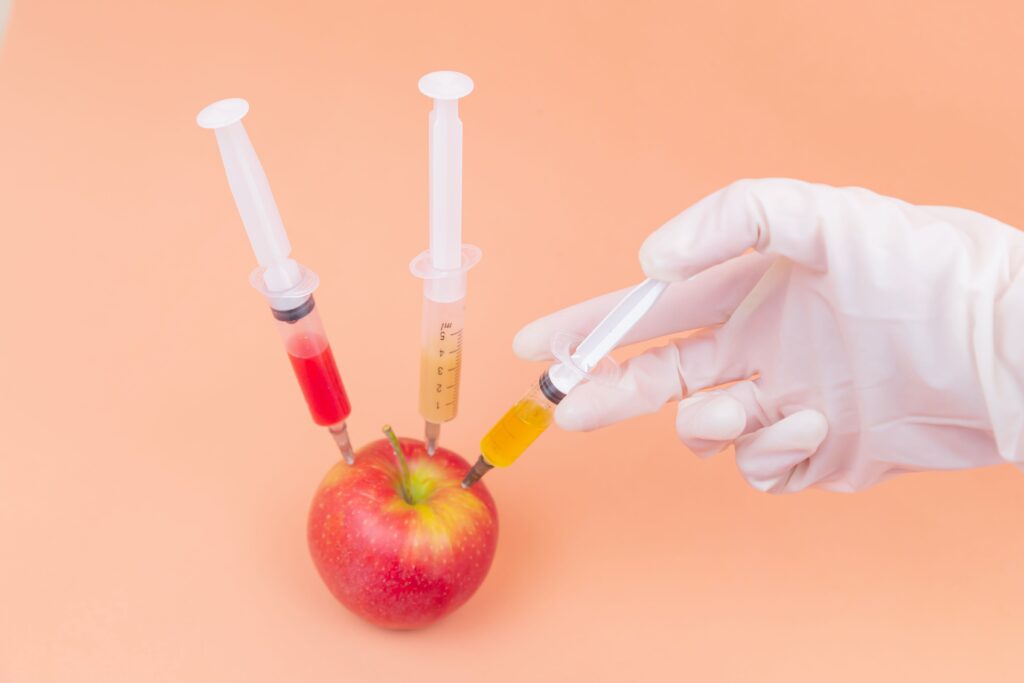Food Allergy Testing - All You Need to Know
Food Allergy Testing - All You Need to Know
Food allergies affect millions of people worldwide, with symptoms ranging from mild discomfort to life-threatening reactions. If you suspect you have a food allergy or want to understand more about your body’s response to certain foods, food allergy testing can provide valuable insights. In this blog post, we’ll explore everything you need to know about food allergy testing, including different types of tests, common allergens, and the importance of professional guidance
Get Better With Algebra Healthcare

Your Good Health Is Just A Call Away Visit our Social Media & Read Blogs
Your Good Health Is Just A Call Away
+971 501 317 063 / 800 200 100

Understanding Food Allergies:
Food allergies occur when the immune system mistakenly identifies harmless proteins in certain foods as harmful invaders. This triggers an immune response, leading to a wide range of symptoms such as hives, swelling, digestive issues, respiratory problems, and even anaphylaxis. It is crucial to identify specific food triggers accurately to manage and avoid allergic reactions effectively.
Types of Food Allergy Tests:
Skin Prick Test:
This test involves placing a small amount of allergenic extracts on your skin and gently pricking or scratching the surface. If you’re allergic, you’ll experience a localized allergic reaction within 15-20 minutes, such as redness or swelling.
Blood Tests:
IgE Specific Blood Test:
This test measures the levels of specific immunoglobulin E (IgE) antibodies in your blood in response to particular allergens. Elevated IgE levels indicate an allergic response. b. Component Testing: This newer form of blood test identifies IgE antibodies to specific proteins in an allergen source. It can differentiate between genuine allergies and cross-reactivity, providing more accurate results.
Component Testing:
This newer form of blood test identifies IgE antibodies to specific proteins in an allergen source. It can differentiate between genuine allergies and cross-reactivity, providing more accurate results.
Elimination Diet:
This approach involves removing suspected allergens from your diet for a certain period, usually 2-4 weeks. If your symptoms improve during this time, you may reintroduce foods one at a time to identify the specific triggers.
Oral Food Challenge:
This controlled test is performed under medical supervision. It involves consuming increasing amounts of a suspected allergen while monitoring for symptoms. This test is particularly useful for diagnosing or confirming allergies that aren’t conclusive through other methods.
Common Food Allergens:
While any food can cause an allergic reaction, some allergens are more prevalent than others. The most common food allergens include peanuts, tree nuts (such as almonds, cashews, and walnuts), milk, eggs, fish, shellfish, soy, wheat, and sesame. However, it’s important to note that allergies can develop to any food, and individual sensitivities may vary.
The Importance of Professional Guidance:
When it comes to food allergy testing, it is essential to seek guidance from healthcare professionals, such as allergists or immunologists. They have the expertise to interpret test results accurately, provide appropriate advice, and develop personalized management plans. Self-diagnosis or reliance on non-medical testing kits may lead to misinterpretation and unnecessary dietary restrictions.
Managing Food Allergies:
Once you’ve identified your food allergies, managing them effectively becomes crucial. Some strategies include:
- Strict avoidance of allergenic foods and reading labels carefully.
- Carrying an epinephrine auto-injector if you have a history of severe reactions.
- Educating family, friends, and coworkers about your allergies to prevent accidental exposure.
- Regular follow-ups with healthcare professionals to monitor changes in your allergies over time.
Food allergy testing plays a crucial role in identifying specific food triggers and managing food allergies effectively.
Whether you opt for skin prick tests, blood tests, elimination diets, or oral food challenges, seeking professional guidance is essential for accurate interpretation and comprehensive care. Remember, knowledge about your allergies empowers you to make informed decisions and take appropriate steps to safeguard your health and well-being.

